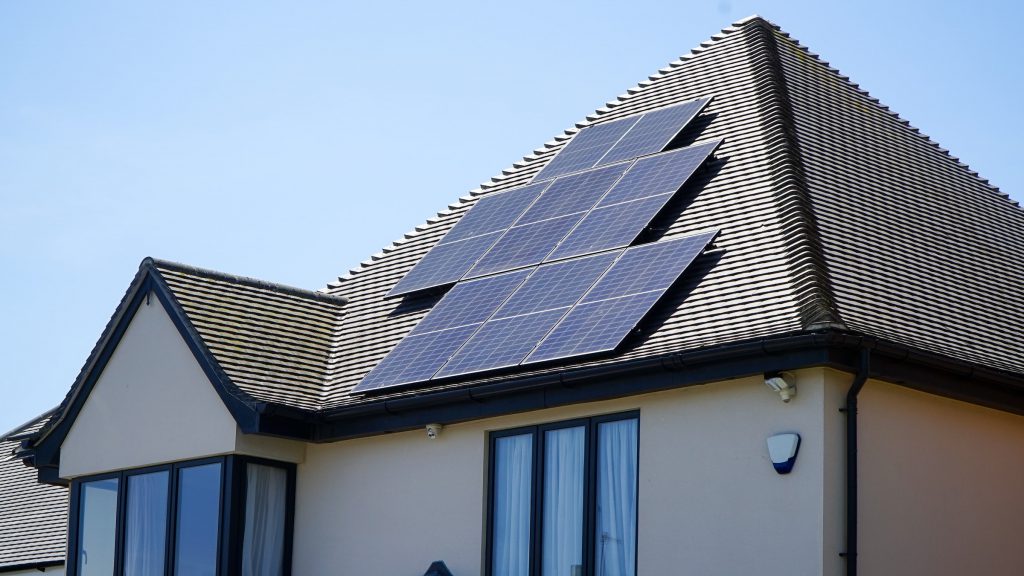Solar panels have become a symbol of sustainable living and a cleaner future. However, with the rise of misinformation and myths surrounding their efficiency and profitability, many potential adopters in Belgium are left in a quandary. Let’s debunk some of these myths and shed light on the real benefits of solar panels.

Addressing the myths and misconceptions
Myth 1: Solar panels aren’t profitable.
Contrary to the naysayers, solar panels are indeed a profitable investment. When exposed to daylight, these panels generate electricity. Often, the production exceeds the household’s needs. Until 2024, this excess electricity is redistributed to the electrical grid, effectively rolling back your meter. Think of it as the grid storing your surplus energy. During the night, when the panels aren’t producing electricity, you draw from this stored energy, and the meter moves forward as usual.
Post-2023 Changes
For those considering installing solar panels after 2023, the mechanism will change. While the panels will continue to produce electricity, any surplus will be sold to your electricity provider at a predetermined rate. However, electricity consumed in the evening, when the panels aren’t producing, will be charged at a slightly higher rate. This change aims to encourage users to maximize electricity usage during its production.
Network dropouts and failures: How common are they?
A common misconception is that solar panels cause frequent network dropouts. While these incidents are rare, they are often blown out of proportion by groups opposing solar development. In reality, network managers are continually working to strengthen vulnerable areas. Most solar panel owners rarely, if ever, face issues with the network.
Can solar panels help heat my home?
Many believe that solar panels only serve to reduce electricity bills. However, a closer look at a household’s energy dependence reveals that adding a few panels and a heat pump system can significantly replace part of your fossil fuel heating system. Did you know that just 3000 KWc of additional production can replace 1000 liters of Mazout or gas? When replacing part of your heating system with solar panels, the investment pays off in just seven years.
Choosing the right equipment
The market is flooded with various types and brands of solar panels. How do you make the right choice? Waatts, a renowned German brand, offers high-quality 430 KWc Full Black panels. These panels come with a 30-year guarantee and an 87% efficiency rate. Beware of outdated panels with lesser profitability and obsolete technology.
Inverter evolution
Inverters have seen remarkable advancements over the years. From traditional inverters to micro-inverters and now hybrid inverters, the technology has evolved to cater to future battery needs. Coupled with regulators, these inverters combine the benefits of both micro and hybrid inverters.
Weather impact on solar panel performance
A common misconception is that solar panels require direct sunlight to function. In reality, they operate on light, not just sunlight. Naturally, production is higher in summer than in winter, but they still generate energy on cloudy days.
Do solar panels affect the aesthetics of my home?
While early solar panel installations might have been less aesthetically pleasing, modern panels, especially the full black ones, blend seamlessly with the surroundings.
Where should I place the panels?
While rooftops are the most common location, panels can also be installed on annexes, gardens, and even facades.
Conclusion
In essence, if you have the space and resources, there’s no valid reason to continue relying solely on external electricity sources. With the impending shift to electric vehicles, installing solar panels can also save you significantly on fuel bills. Investing in solar panels not only offers substantial savings but also paves the way for a sustainable and independent future.

 Open Immovlan
Open Immovlan